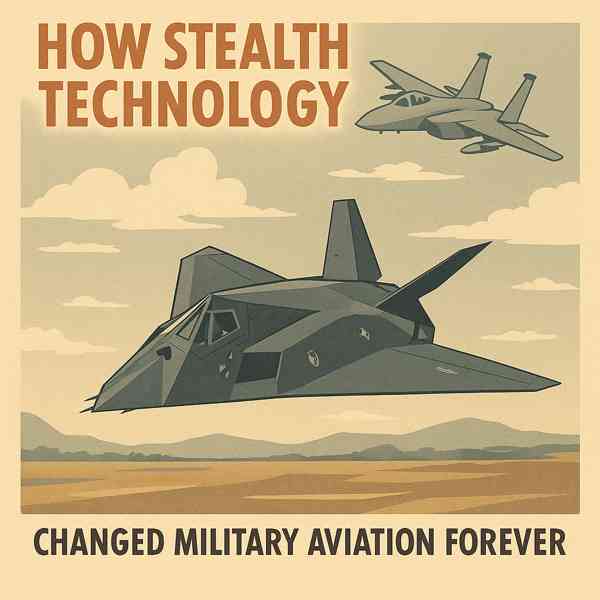Exploring Aerospace and Defense Technology: Trends, Challenges, and Opportunities
Exploring Aerospace and Defense Technology: Trends, Challenges, and Opportunities
Blog Article

From stealth aircraft and missile systems to satellites and AI-powered defense networks, aerospace and defense technology is driving modern warfare and exploration.
Understanding the technologies behind aerospace and defense helps you grasp the future of national security.
Understanding the Sector
It includes the integration of aircraft, spacecraft, weapons, defense systems, and surveillance technologies.
Core components include:
- Stealth and supersonic planes
- Strategic offensive and defensive arms
- Satellites and space systems
- Cybersecurity and AI in defense
Each advancement in this area boosts technological superiority.
The Role of Technology in Modern Defense
In today’s world, technological power is as important as manpower.
How innovation impacts national security:
- Real-time surveillance and targeting
- Remote-controlled and autonomous platforms
- Hypersonic weaponry
- Controlling and disrupting enemy signals
With each innovation, defense becomes more strategic.
What’s Changing in the Industry
The aerospace and defense sector is website evolving rapidly.
Current trends to watch:
- Predictive modeling and autonomous systems
- Weapons and aircraft at Mach 5+
- Unbreakable encryption for national secrets
- Space-based missile defense
Staying ahead in defense means staying at the edge of scientific advancement.
Risks and Pressures
Even as the technology advances, this sector faces formidable obstacles.
What the industry must navigate:
- High research and development costs
- Short life cycles of advanced systems
- Restrictions on exports and testing
- Ensuring integrity of automated platforms
Overcoming these challenges is critical to maintaining superiority.
Where Aerospace and Defense Tech Is Heading
Despite the challenges, the future of aerospace and defense technology is filled with possibilities.
Promising areas include:
- Space defense and anti-satellite systems
- Sustainable defense aviation
- Unified operational command
- Boosting economies through spin-offs
The future will be shaped by those who adapt first.
Conclusion
Aerospace and defense technology is more than machinery—it’s a tool of leadership.
With new breakthroughs on the horizon, this industry will continue to lead innovation.
Report this page